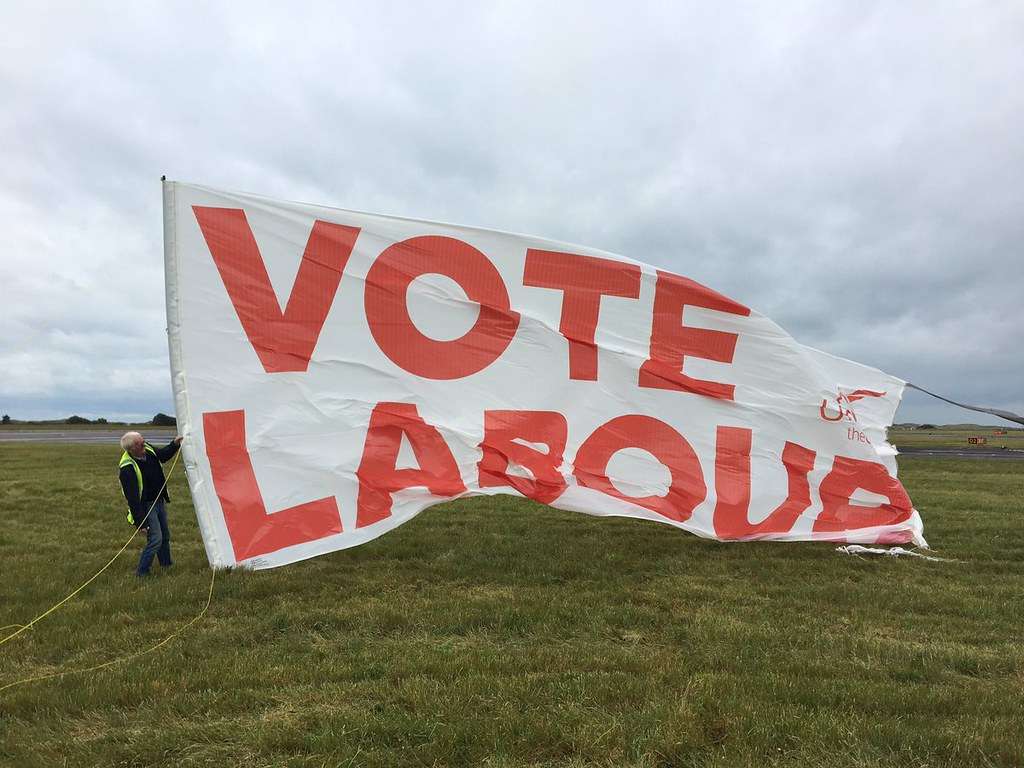One of the under-reported aspects of why we get the dire Labour MPs we do has little to do with factional compositions of Constituency Labour Parties and the various geriatric mafias that animate them. It is instead, more exoteric and petty than one might think. Whether you’re on the left or right of the Party, friend of the leadership or in with the local unions, one fact remains completely salient; to get in and around the selection you have to put the hard yards of years and years of basically inconsequential meetings in.
This means the process on the whole rewards familiarity with the system and man hours put into being on various committees ahead of actually being exceptional. Not only does it dissuade people who might be great MPs from getting involved due to the high barrier of entry, but it actively beats anything interesting out of those who decide to stick it out. In essence, a process that should reveal strong speakers with compelling politics instead favours people who can navigate dull meetings best and fudge their views into ambiguous non-committal sludge.
This has not gone unnoticed by many. Selections have long been thought of an issue, though mainly seen through factional lenses. Even someone as devoid of insight as Matthew Syed has written an article where he, in between essentially bemoaning the unfairness of anti-multi-property owner discrimination, makes a handful of salient points about how broken the system is.
Though mainly unaware of it, Syed does show how the selection process is a game of insiders. In one breath he complains the problem is with greased palms and backroom union deals, in the next he talks up his clandestine meeting with Labour’s Chief Whip before his selection meeting – and yet somehow, our hero seems to miss that his meetings are part of the very same cultural problem he spends 800 words moaning about.
Syed might have been discouraged from standing after his encounter with the system, but many other identikit drones with delusions of grandeur succeed in attaining the sought after status of Prospective Parliamentary Candidate. This comes at expense of sincere talent that the PLP currently is desesperate need of. The very people who should be encouraged to stand intstead have inspiration crushed out of them via bureaucracy and boredom.
Perhaps more worrying than the vacuous article was the response to it. Many self-professed Labour stalwarts opinied at length about all the various committees they had slogged through as they rose up the ranks of their local party, a sort of ritual display of battle scars. It is as though Syed’s greatest faux pas was not engaging in their fixing culture effectively, rather than that said fixing culture is so obvious even a Times columnist could see it. This does not paint a picture of a particularly healthy political party, nor people spending their free time productively.
The Party has allegedly attempted to remedy this in some ways with its Future Candidates programme, which seeks to improve the quality of the candidate pool going forward into selections. But from the outside looking in, especially considering the type of apparatchik getting accepted, it appears to be another avenue for old problems to re-assert themselves. It’s clear that for the most part it’s a programme that’s less of a fast stream for unengaged and underrepresented talent and more of an alternative route for the same tired, blunt partisanship.
There is some recognition from within Parliament that things can’t go on as they are. Stella Creasy, probably one of the more interesting and consequential backbench MPs, launched the MotheRED programme, which provides funding for mothers looking to get selected as MPs. This is very welcome and frankly, is the sort of initiative a modern left wing political party should be doing as a bare minimum.
Alongside this there’s the Bernie Grant Leadership programme, which seeks to remedy the underrepresentation of BAME elected Labour representatives. Again, the programme is a welcome corrective to a culture and party establishment that repeatedly fails to produce a representative and talented PLP, but it’s one programme in the face of overwhelming opposition from the Party’s bureaucracy and overriding culture.
Open Selections would be part of the remedy. Instead of prospective candidates racking up man-hours in compositing meetings, taking part in National Executive Committee nomination meetings waiting around for years on end for the sitting MP to either die or get suspended, they’d get the opportunity to challenge for the seat on a much shorter time scale.
But Open Selections are only half the story, at the elite and grassroots level alike, the Party needs a root and branch examination of its entire culture. The way it edifies party grunt work and hours spent building calluses on the doorstep ahead of actual community activism or, god forbid, being interesting is the root of a truly incredible number of problems we find in the current composition of the PLP. And until we address this and start attracting interesting people as Labour MPs, the problems will only continue to persist and metastasize.


